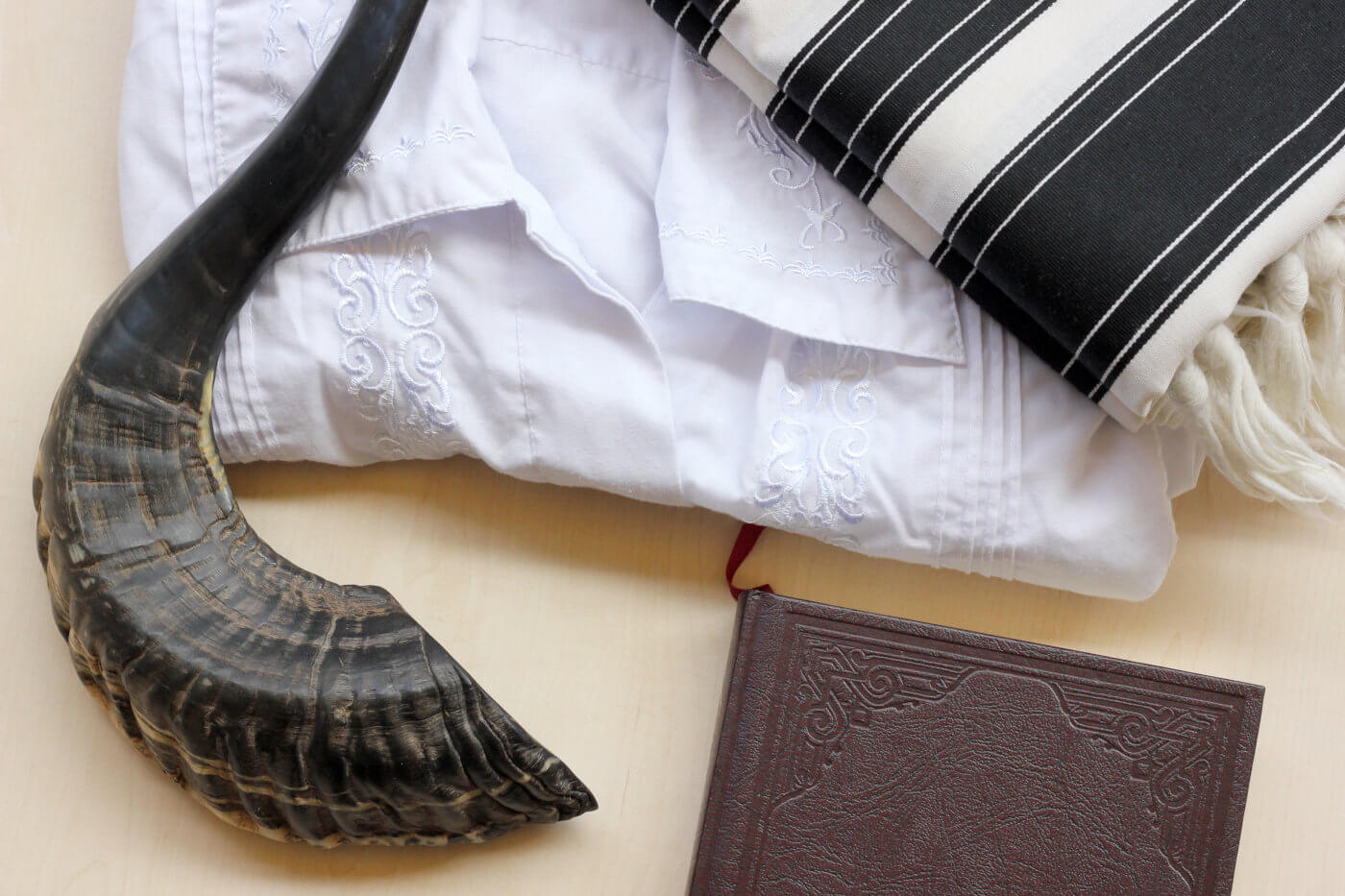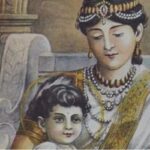Yom Kippur: What the holiday is about and how Jewish people spend the day

What is Yom Kippur?
Yom Kippur (Hebrew: יוֹם כִּפּוּר or יום הכיפורים) is one of the most important holidays for the Jews every year. It means the Day of Atonement. This is the time when Jews come to God to repent and ask forgiveness for any wrongdoing. Jews traditionally observe this holiday by taking off from school or work to fast and pray in synagogue services.
When is Yom Kippur?
Yom Kippur happens 10 days after Rosh Hashanah, the Jewish New Year, and lasts one day. This year, Yom Kippur is on Monday, Sep. 28. It begins before sunset on Sunday, Sep. 27, and ends at night time the next day. The fast lasts 25 hours.
History
The origin of Yom Kippur goes back to biblical times. On that day, the high priest would perform complicated rituals and sacrifices in the Jewish holy temple. However, after the Temple was destroyed by the Babylonians, the purpose of Yom Kippur evolved to become more about atonement. Now it’s the most important holiday for Jewish people.
Traditions and customs
Yom Kippur is the most sacred day for Jews. Some people call it the “Sabbath of Sabbaths.” Many Jews will not work and spend the day in synagogue, where they attend services and pray. Fasting is a major tradition, where food and drink (even water) are totally prohibited. Children under the age of nine, the elderly, ill people and pregnant women are exempted from the fast.
In addition, Jews cannot wear leather shoes because leather was a sign of luxury in early times. They must also refrain from bathing, having sexual relations or applying lotions, creams or cosmetics. The point is to avoid anything that might distract from spiritual purification.
Many Jewish people wear tallits or a white garment because white represents purity. Some people wear Kittels, a white burial shroud to signify repentance.
The day before Yom Kippur
Because the fast lasts 25 hours, many Jews have a splendid meal with their families and friends on the eve of Yom Kippur. They will also give extra charity as a way of leading to forgiveness. A very ancient custom is Kaparot, where Jews pass a chicken over one’s head three times and recite two biblical passages. Then, they slaughter the chicken and donate it to poor people.
They may also prepare honey cakes and immerse in a ritual pool, called mikvah. Right before the beginning of Yom Kippur, children and women will light holiday candles.



